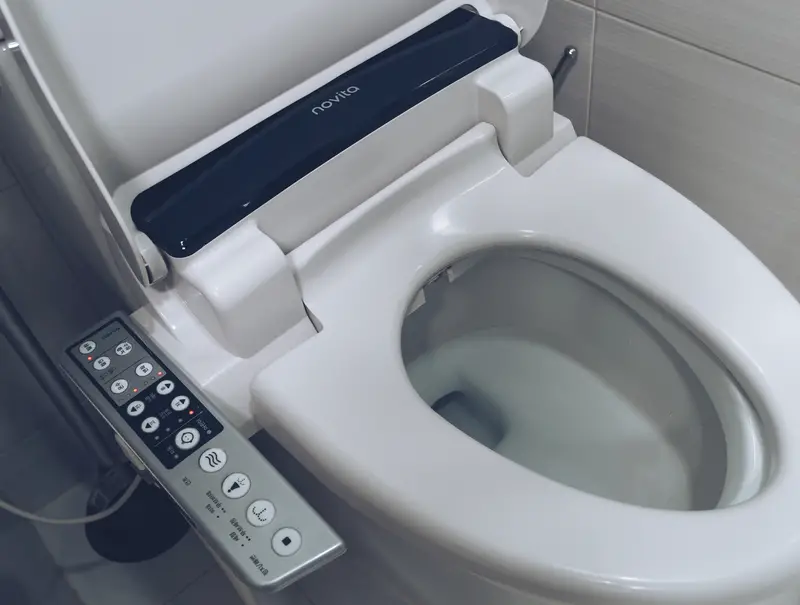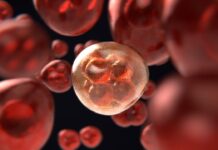Nowadays, we have smartphones and smart web-TV’s. In the near future, we may have smart toilets.
The smart toilet can analyze your waste for disease, and even the coronavirus.
Seung-min Park, PhD, a colleague of the late Sanjiv Gambler, MD, PhD, a pioneer in smart toilet technology, is working on a smart toilet that would collect and test feces. The toilet would be connected to the internet, and users could have results right away.
Park is naming it Coronavirus: Integrated Diagnostic (COV-ID) Toilet.
Scientists currently check wastewater for COVID-19, which allows communities to monitor changes that benefit public health, but the smart toilet would provide a service to individuals. The samples would also provide information that could be used in epidemiological studies.
“Frequent and widespread testing of fecal matter for the presence of COVID-related RNA could help science better understand how the virus behaves,” Park says.
A toilet like this could be available within the next few years if research funding is received and the FDA approves the device.
Park says that some smart toilet prototypes already exist and could be ready for the public within a year. He designed the smart toilet prototype named “the Kanaria.” It analyzes urine and stool.
So instead of flushing information about your health down the toilet, it can be used to further the knowledge about COVID-19 and other illnesses. Samples can be examined where they are (literally) dropped off.
“Assessing fecal matter can help doctors detect certain types of cancers, give insight into the microbiome, and provide a deeper look into nutrition and lifestyle habits,” says Jessie Ge, MD, of the Department of Urology at Stanford University School of Medicine, a colleague of Dr. Park.
Dr. Ge and others recently wrote in the journal Nature about how smart toilets might be used for monitoring COVID-19 and reducing the incidence of cases.
Scientists at Duke University also came up with a version in 2021 that analyzes stool for the presence of blood.
Are you ready to make your donation for a scientific cause that could benefit both you and the public?










